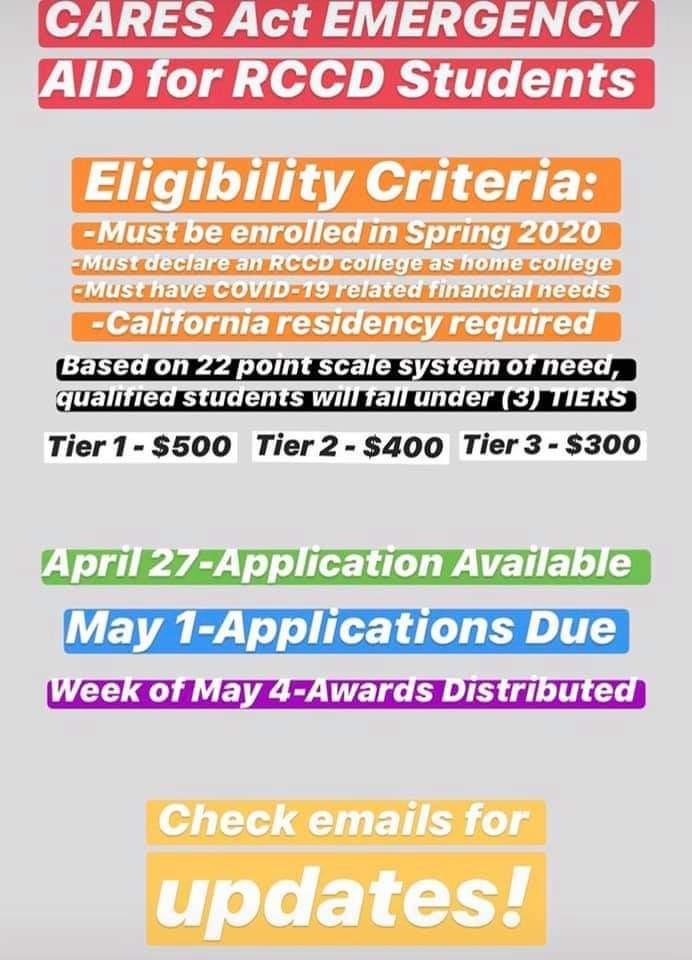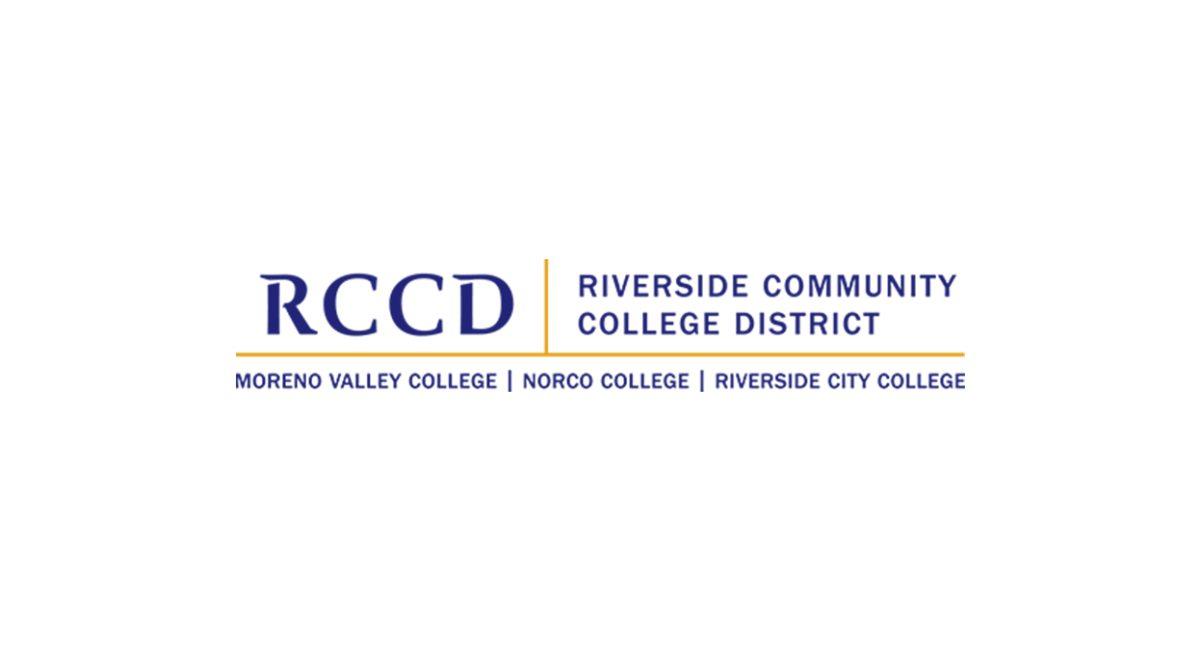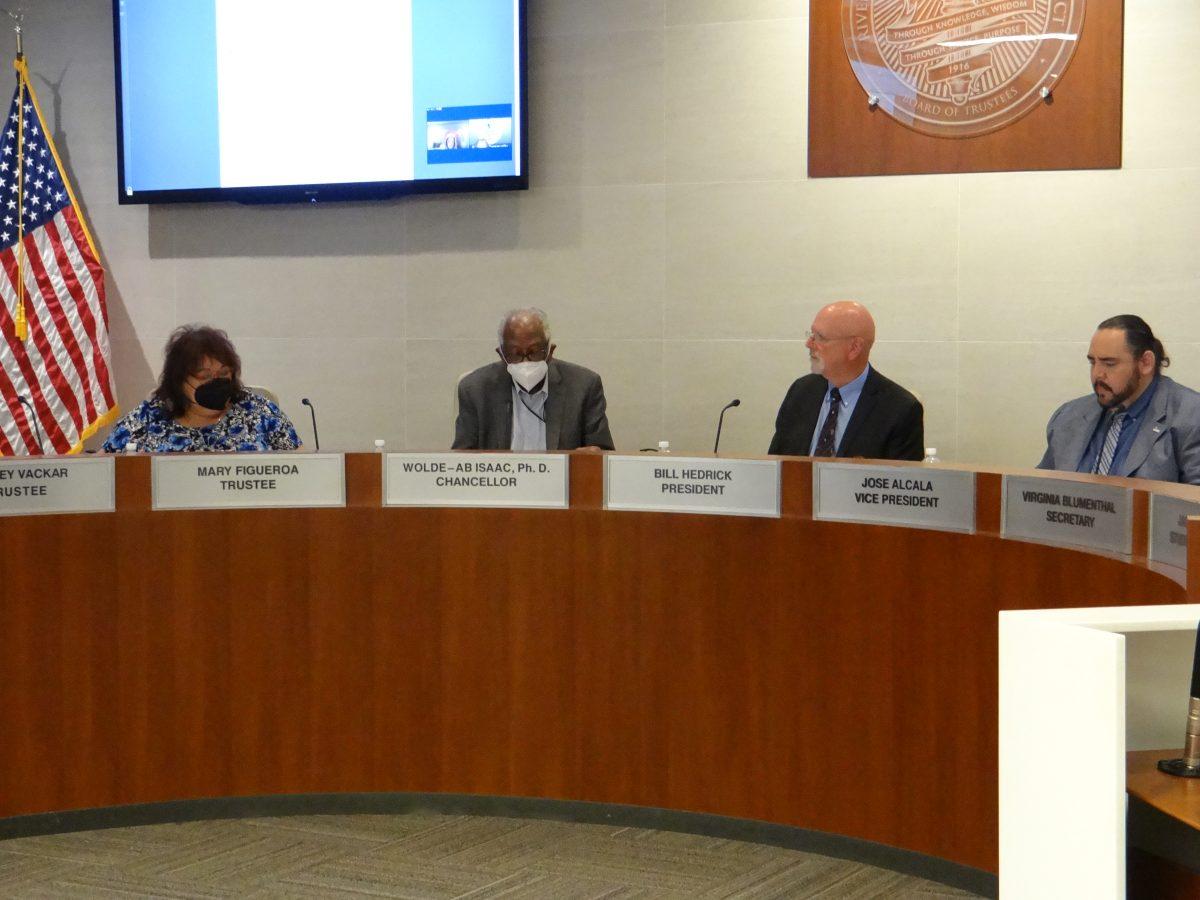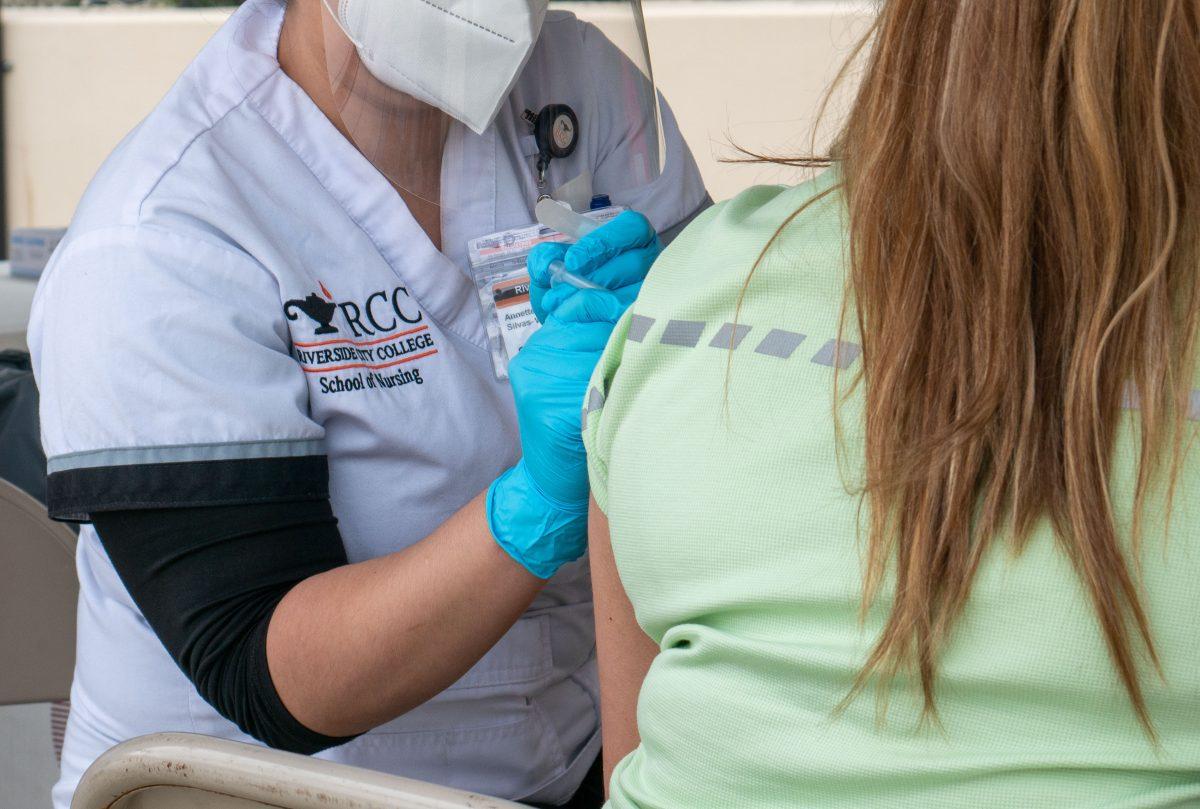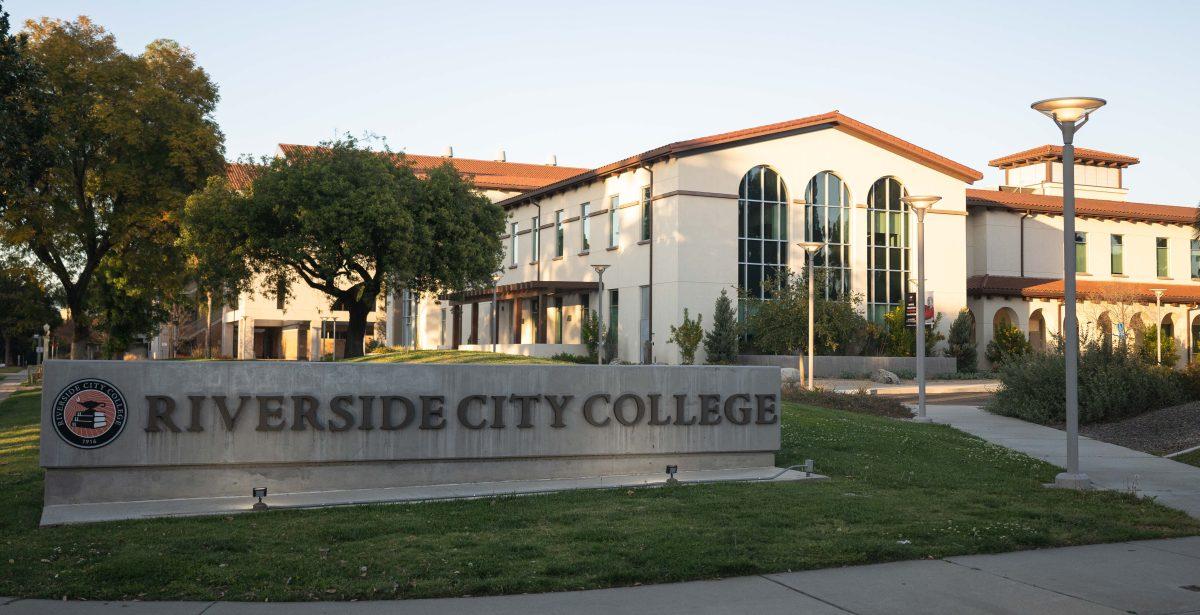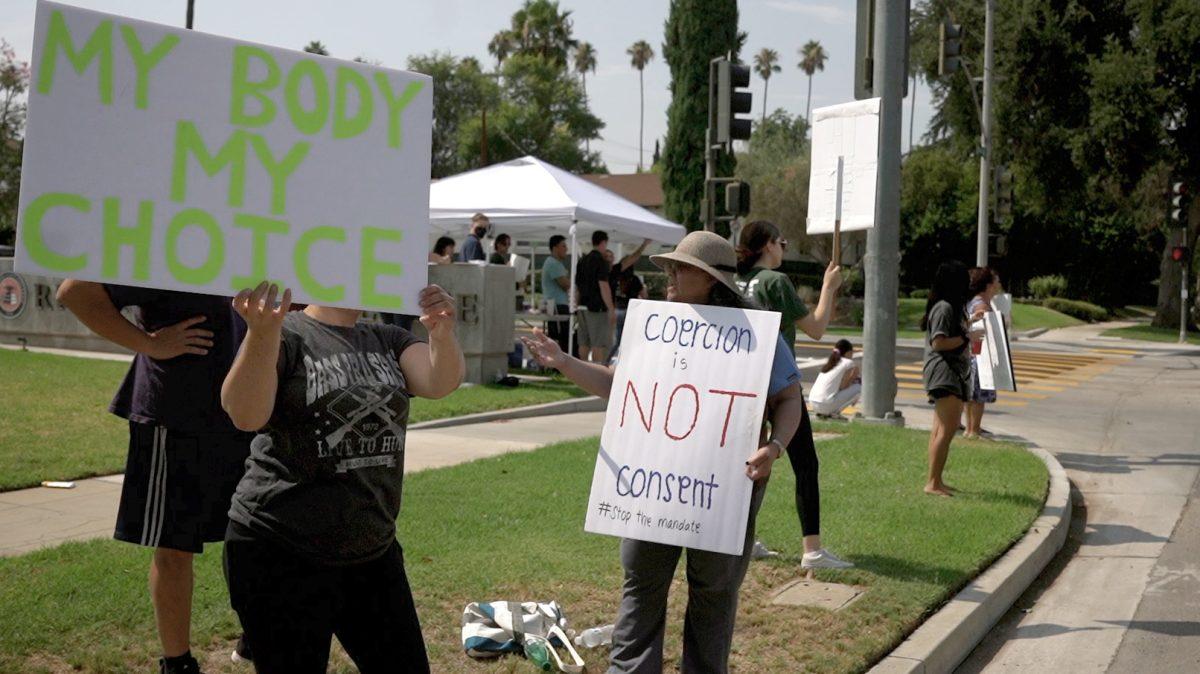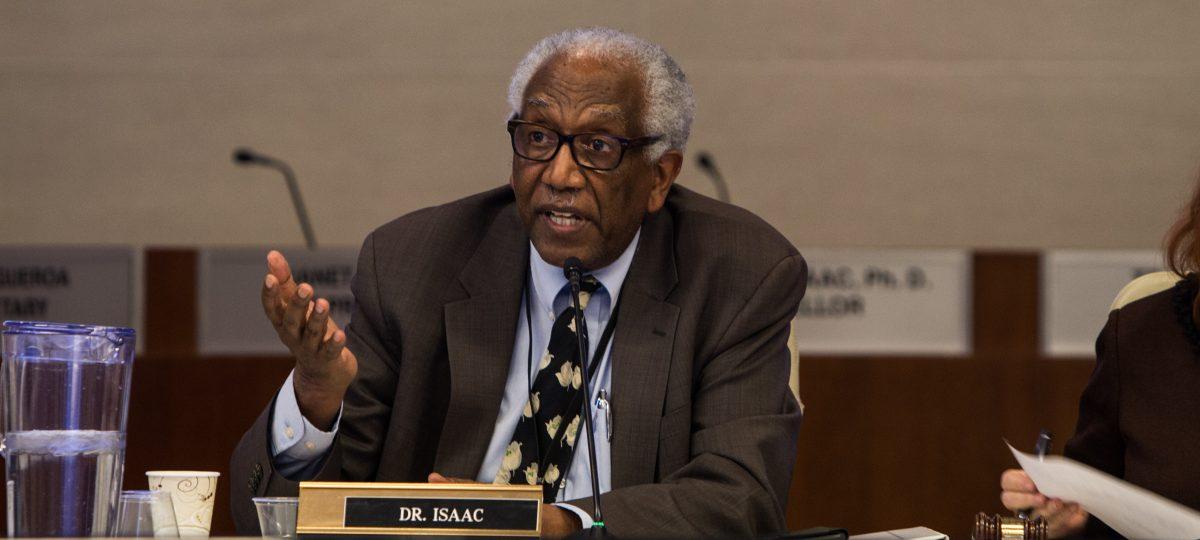By Erik Galicia
Undocumented students will not be eligible to receive federal coronavirus relief money, which was distributed to Community Colleges last week.
The Coronavirus Aid, Relief and Economic Security (CARES) Act signed into law by President Donald Trump on March 27 allowed for a total of over $18 million to be awarded to the Riverside Community College District. Half of this money is meant to help students and the other half is meant to fund institutional needs.
“The guidance provided by Gov. (Gavin) Newsom last week told us that we are not able to provide funding to DACA students that are not identified as citizens of the United States, or here with social security numbers,” Jeannie Kim, associate vice chancellor of Grants and Economic Development, said during the RCCD Board of Trustees meeting April 21.
Although initial federal guidance on how these funds should be distributed to students was vague and allowed individual colleges flexibility, the U.S. Department of Education announced April 21 that aid recipients must be FAFSA eligible to be CARES Act eligible, narrowing the range of students who qualify for aid.
“The FAFSA eligibility lists out citizenship or affirmative authority to be here in the U.S. legally,” Kim said.
Students who were exclusively in online classes before the pandemic are also ineligible for emergency aid.
Student Trustee Jorge Zavala expressed disappointment with the federal developments.
“It’s unfortunate to hear that undocumented students will not be receiving (aid) considering we are a Hispanic-serving institution,” Zavala said. “Also how students who don’t qualify for FAFSA will not receive it. I know students who don’t qualify for FAFSA but still can’t afford their books.”
Jose Alcala, secretary of the Board of Trustees, urged the district to find other ways to support all students left out by the emergency relief bill.
A district task force developed a point-based system for determining the distribution of emergency aid. Eligibility criteria include California residency, enrollment in the spring 2020 semester at the time of applying for aid, declaring an RCCD college as the home college of record and having COVID-19 related financial burdens.
Points will be awarded to students for being veterans, foster youth, having been laid off or lost work hours due to the pandemic and so on. This will be determined through student records and applications.
“Based on this point scale, those who receive the closest to 22 points would be at the highest priority for receiving funding,” Kim said.
These top priority students will receive grants of $500, while lower tiers will offer $400 and $300 payments.
“We are planning on sending this information out by putting a website together where students will be able to access this information readily,” Kim said.
Applications for the aid will be available to students April 27 and due by May 1. The district expects to distribute grants the week of May 4.
